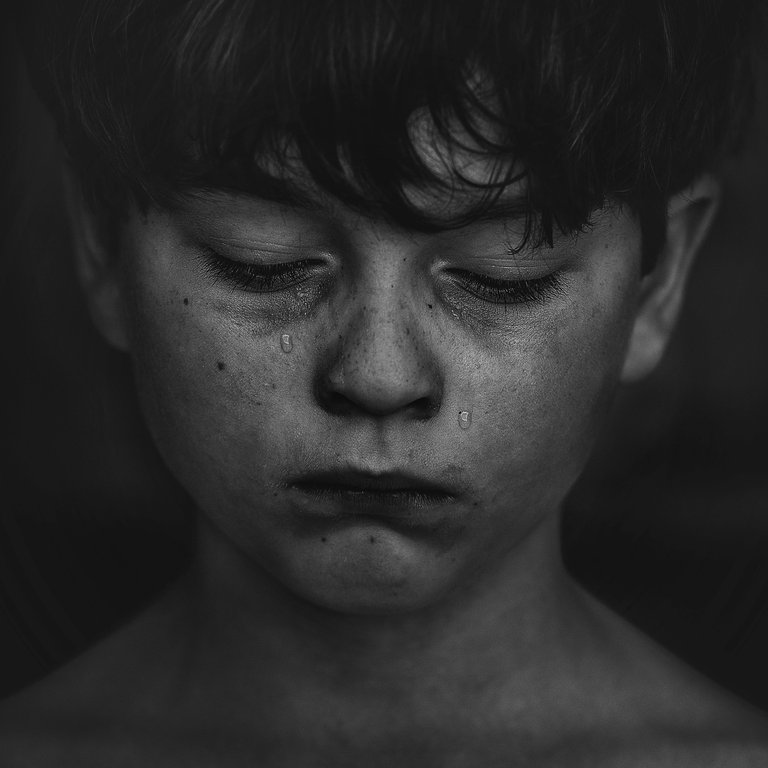Writing into my vulnerabilities is where I get my strength. It's a practice I've kept to for most of my life. The only periods when I didn't write were when I was deep inside depression and couldn't tell up from down, let alone the pencil point from its eraser.
Over the past week I wrote further into my trauma than usual every day. I don't know why except I'm missing my family. I am not abandoned, but I feel that way, and it turns out I'm carrying some very typical fears around the idea of abandonment. The more I've written into my sadness, the less I've felt safe. And that's a frightening thing to say because writing is my safe space. It's also very true and a hazard of the practice.
Image Credit

I know how to mitigate the refreshing of trauma through writing. There is a very simple grounding technique anyone can use. I have shared it before, but I am going to share it again because everyone should have access to it. I'll keep it brief. This way, if you are feeling stuck emotionally or are, like me, experiencing PTSD dreams and flashbacks, you can use it right away. Here's what you do:
* Write without expectation for 5 minutes straight. Let it pour out. Do it by hand. Don't worry about grammar, spelling, punctuation or any of it. If you need more than 5 minutes, keep going until you're done.
* For five minutes, write about how that writing made you feel.
Now for an example:
Earlier today I composed a poem called "Hiding Place." It is about being abused, hiding, being found, and being told my abuse was not happening. While I was writing it, I was focused on word choices. I read it out loud to myself several times to be sure I was using a form that felt right. I spent quite awhile working and reworking the piece without really considering that I was remembering and capturing trauma. After I wrote it, I felt sick and tired. Bruised is an accurate description as well as an unsettling one. So now I'm going to check in with myself about the writing I did.
Writing "Hiding Place" made me remember being hurt and how the people who hurt me tried to warp my sense of reality to cover up their actions. I feel sad and angry, and kind of like I want to throw up. It hurt to write that piece, but it was also a relief. Every time I write it, I am letting the pain out. So, I don't feel great but I will feel better.
It never ceases to amaze me how much better I feel when I'm honest with myself. The italicized self check-in didn't make the memories or sadness disappear, but it did ground me. And the reason is this:
When we are honest with ourselves about how we are feeling, we are giving ourselves permission to have those feelings. Unaccepted feelings stay put. Accepted feelings get resolved. Because I have accepted my feelings, my subconscious is now doing the work of letting them go. There is no need to hold onto them. They have served their purpose.
I hope this technique is helpful to you.
Thank you for making a post on writing about past traumas. You finding strength in writing about your vulnerabilities has inspired me to look deeper into my own vulnerabilities. I will definitely practice the writing exercise of spending 5 minutes to let my emotions pour out on the paper.
Thanks again!
Nice writting style and selection of words feeling is well.
Writing has pretty much always been my catharsis, going all the way back to keeping endless journals when I was a teenager. In my case, I think it helps me have "conversations" I wouldn't otherwise have with people, face to face.
Many years back, when I was in therapy, I also had to keep a "dream journal" as a type of homework assignment. That turned out to be very effective, both as a writing exercise, as well as a way to poke around in my subconscious in a non-threatening way.